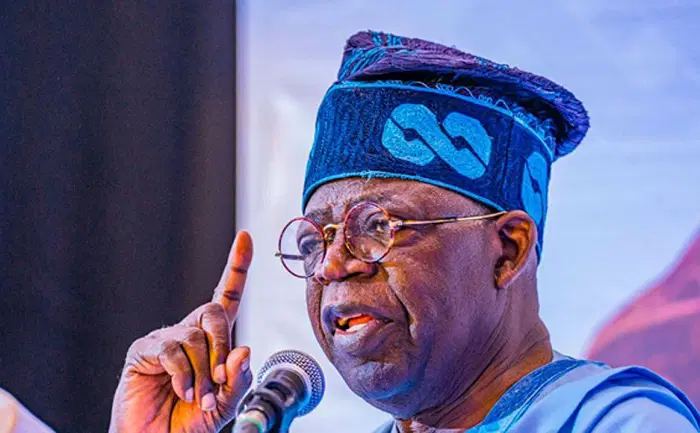
President Bola Tinubu has received commendation for his administration’s focus on job creation, employment retention, and labour-centric economic reforms over the past two years.
Issa Aremu, Director-General of the Michael Imoudu National Institute for Labour Studies (MINILS), made the remarks during the ongoing 113th session of the International Labour Conference (ILC) in Geneva, Switzerland.
Representing Nigeria as a government delegate, Aremu said the President’s policies reflect the theme of this year’s ILO report, which focuses on employment, inclusive growth, and poverty reduction.
He lauded the removal of the petrol subsidy, describing it as a bold step that has helped redirect public funds towards sustaining government jobs.
Citing data from the National Bureau of Statistics (NBS), Aremu noted that Nigeria’s labour force currently exceeds 118.72 million, with 720,000 employed by the federal government.
He added that the administration’s “job-led” economic approach aligns with ILO principles that regard labour not merely as a commodity but as a fundamental human right.
He pointed to the recent approval of 774 National Health Fellows — one per local government area — as an example of targeted employment that also promotes national development.
Other policies commended include the enactment of the 2024 Minimum Wage Act and the launch of the Nigerian Education Loan Fund (NELFUND), which Aremu said would enhance income equity and expand access to higher education.
He also welcomed the government’s decision to shorten the minimum wage review cycle from five years to three, calling it a progressive move.
Aremu urged the federal government to further strengthen key labour institutions such as the National Directorate of Employment (NDE) and the National Productivity Centre to promote labour education, enhance productivity, and ensure industrial harmony.












